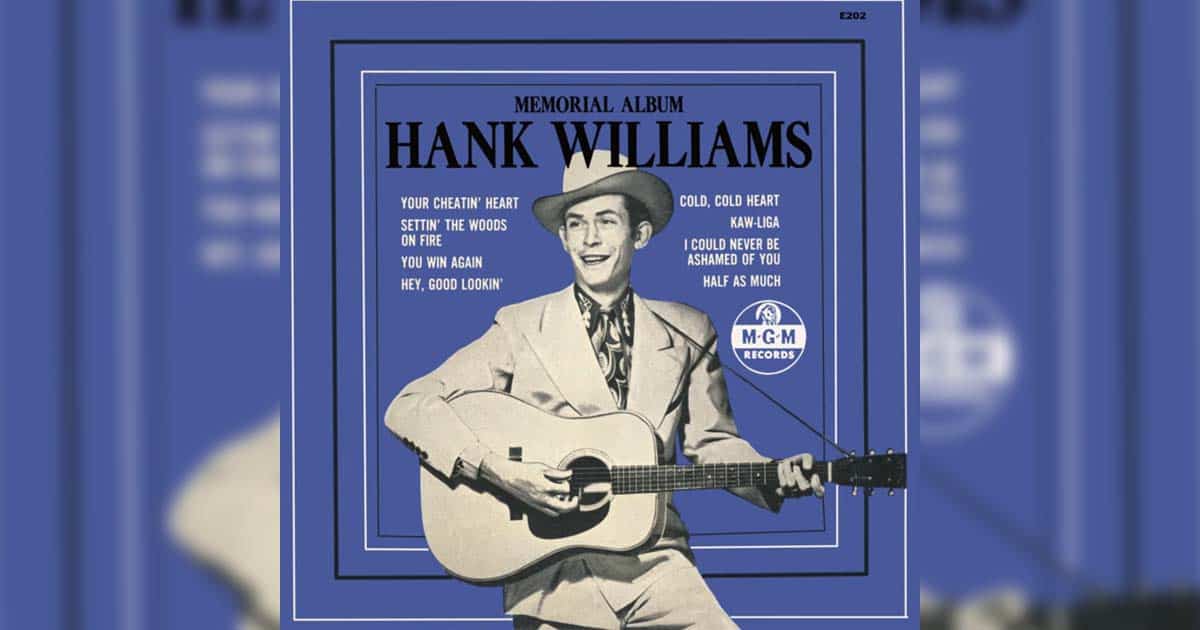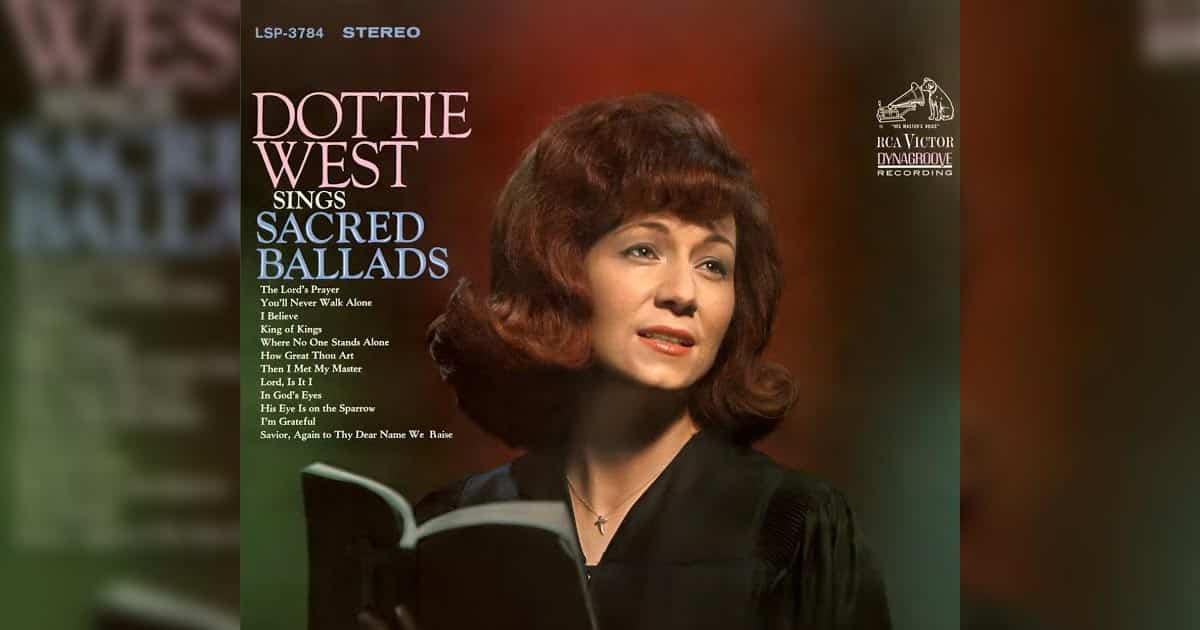Heartbreak caused by a lover’s betrayal is definitely one of the most painful things anyone could experience in life, and Hank Williams understood that. In fact, he did so all too well that he wrote it down and made a song titled “Your ‘Cheatin’ Heart.”
He recorded the song in September 1952 under Nashville’s Castle Records, and was released posthumously in January 1953. It was an instant success, topping Billboard’s Country & Western chart for six weeks. As of 2021, it is seated at 237th on Rolling Stone’s “The 500 Greatest Songs of All Time.”
Meaning Behind the Song
1952 was Hank Williams’s best and worst year: His career was soaring to new heights as he earned back-to-back multiple hits, but at the same time, his married life was ending. Additionally, his alcoholism pushed things to a point of no return, and they divorced by the end of May.
Shortly after, he met his fellow country singer Billie Jean Jones backstage at Ryman Auditorium. Jones was with Faron Young then, but as soon as their relationship ended, she and Williams started dating. They didn’t take long to decide that they would like to get married.
It was actually during that drive home from Tennessee to Louisiana to tell Jones’ parents they were engaged that “You’re Cheatin’ Heart” was born. According to Jones, Williams was talking about Sheppard when he suddenly uttered the phrase to describe her.
The first thing on his mind was: “Hey, that’d make a good song!” He then quickly instructed her to get his tablet and started dictating the lyrics. Jones shared that it was about as fast as she could write, and they were done in a matter of minutes.
Williams then recorded the song – in what would unfortunately be his last session. He died on New Year’s Day, 1953, while he was on his way to a concert in Canton, Ohio, due to heart problems. A few weeks later, the song was released and received so much love from fans.
The song has since earned its place as one of the best Hank Williams songs.
As country music historian Ronnie Pugh said, “Your Cheatin’ Heart” is Hank Williams’s anthem – his musical last will and testament. He expressed his pain with an authenticity that cannot be rivaled, showing why he is an icon in the genre.


















